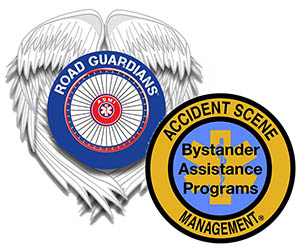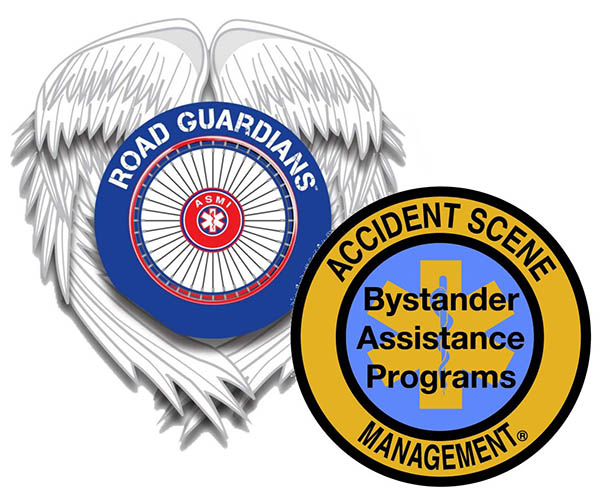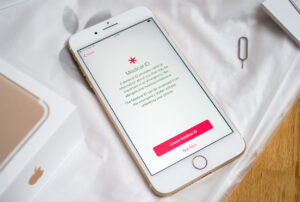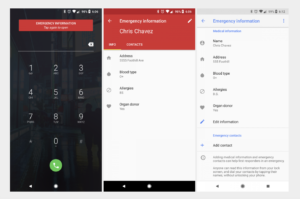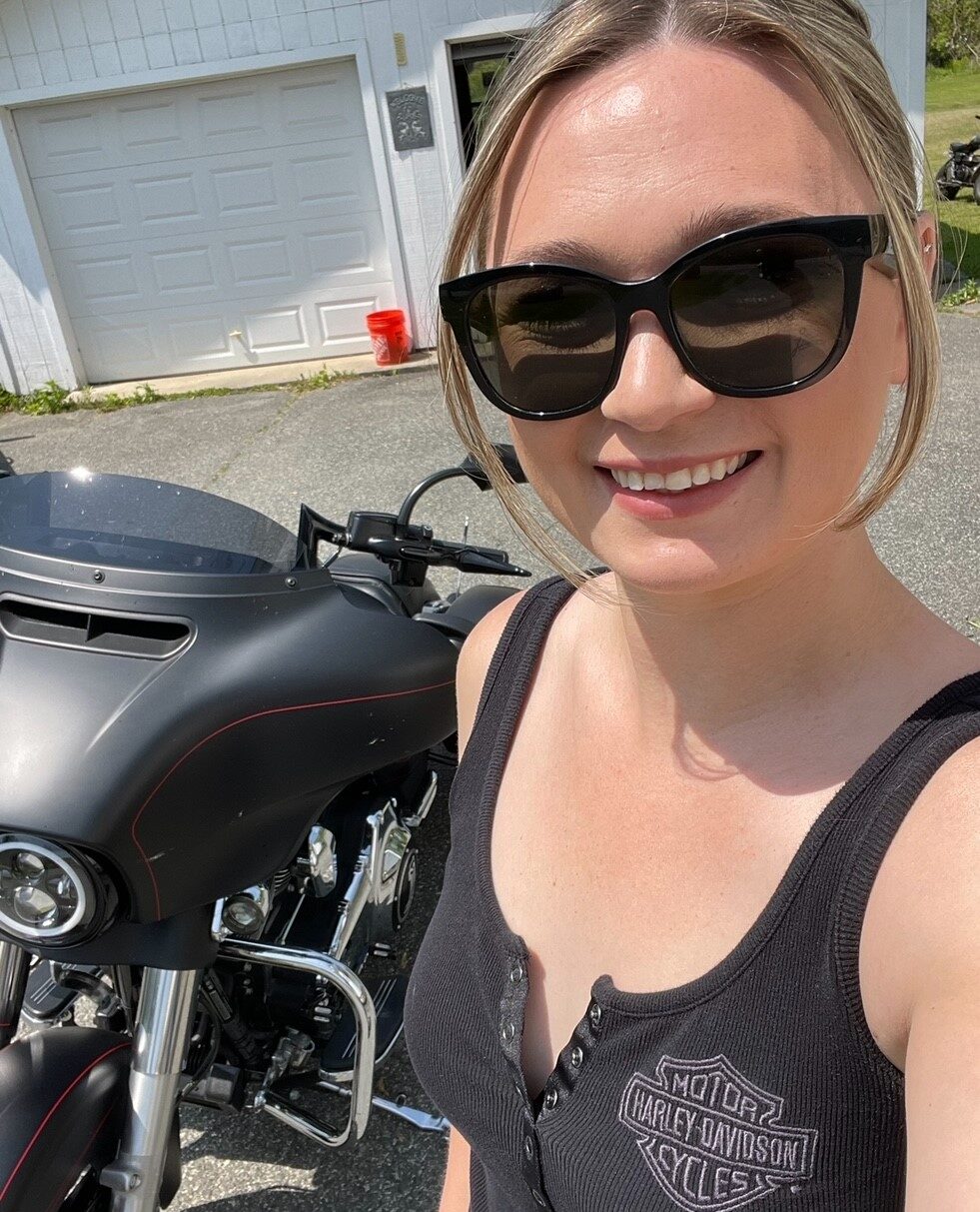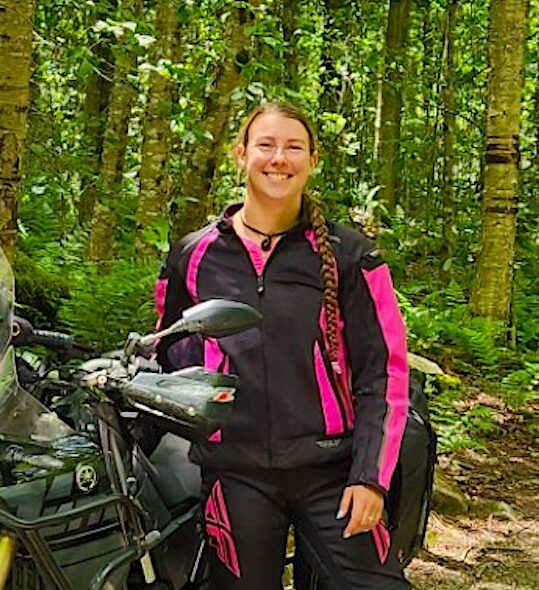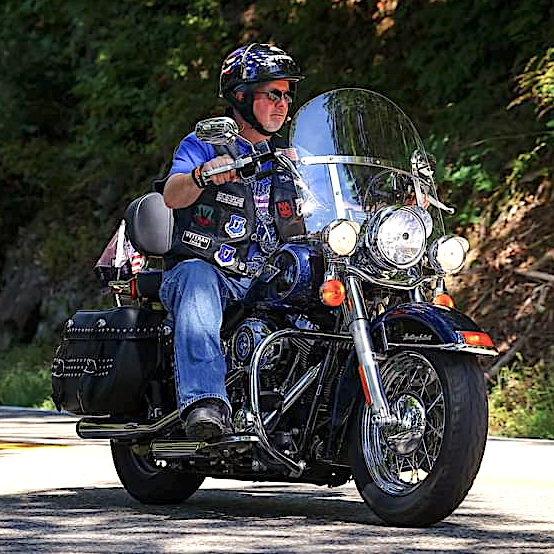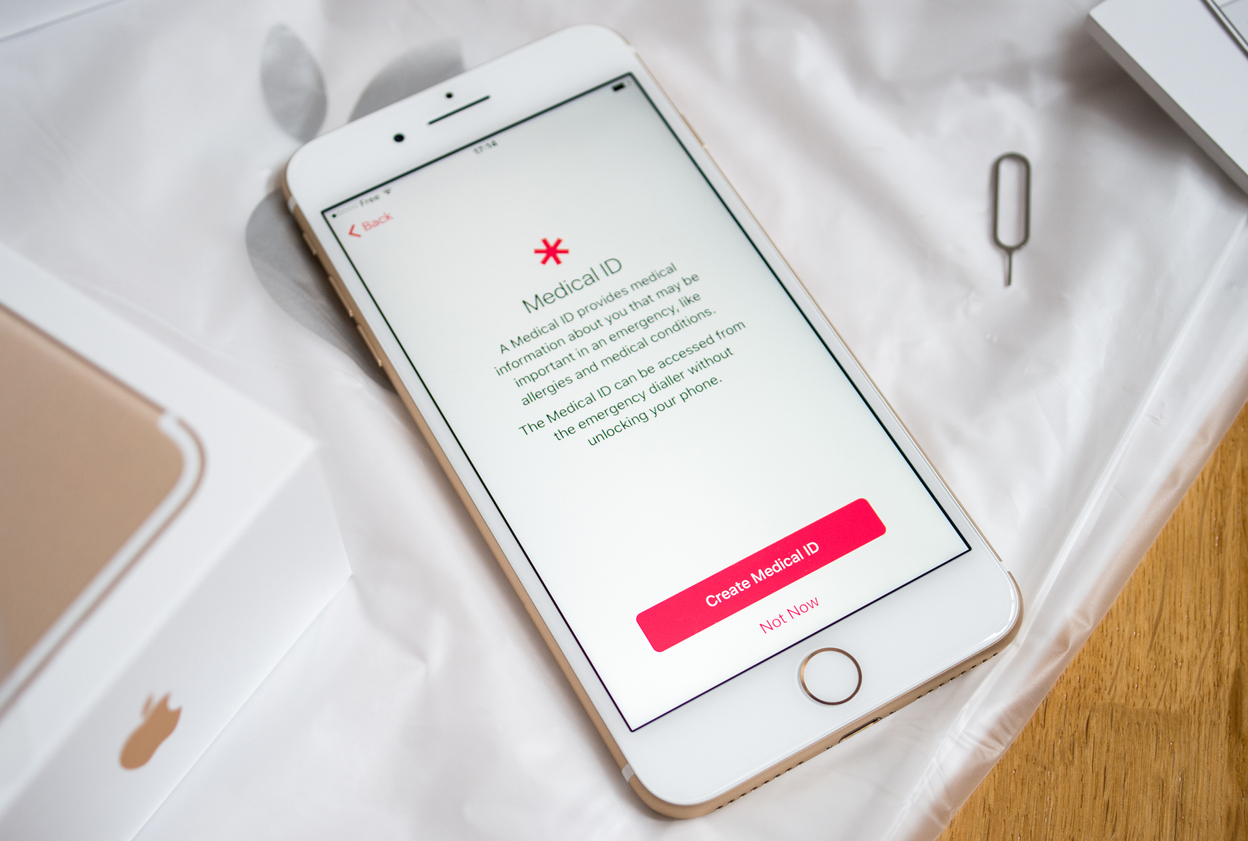
Medical emergencies can happen to anyone. Anywhere. Anytime.
Taking a few minutes to set up a Medical ID on your smart phone could save your life. A Medical ID helps first responders make fast, informed decisions while automatically notifying your emergency contacts there is a situation and providing your location. Having this information available to first responders as soon as possible can mean the difference between life and death. Here are some of the ways Medical ID can make a difference.
Your Medical ID Gives First Responders Instant Access to Critical Medical Information on Your Phone
Medical ID is a secure way to store your medical information and carry it with you at all times. Older ways such as keeping it with you on a handwritten piece of paper or having it with an emergency contact are a lot less reliable or secure. A handwritten note may be hard to read or looked over by medics, and an emergency contact may not always be able to answer the phone call. Another outdated method was to save your emergency contact under ICE in your phone contacts, standing for In Case of Emergency, so if you were unable to communicate anyone would know how to find it. This was flawed due to password locks and accessibility issues.
Once a Medical ID is set up it gives first responders instant access to critical medical information and emergency contacts from the phone’s lock screen — without requiring a passcode. This is also true with most smart watches that are synced to your phone as well.
Medical ID Input Fields
- Legal Name
- Date of Birth
- Medical Conditions
- Medical Notes
- Allergies & Reactions
- Medications
- Blood Type
- Organ Donor
- Weight
- Height
- Primary Language
- Emergency Contacts
Your Medical ID can be shared during emergency calls or text messages
When setting up a Medical ID be sure to enable the Share During Emergency Call setting. This allows your smart phone or watch to share the information from your Medical ID (not your photo) with 911 operators when calling or texting from supported locations. This can help improve emergency response, especially if you’ve provided information in your Medical ID like Primary Language, Allergies and Reactions and Medical Conditions.
Your Emergency Contacts will be Notified During Emergencies
If you use Emergency SOS to call emergency services, the Medical ID app sends a message to your emergency contacts (who have a mobile phone number) with a message, saying that you’ve called emergency services and provides your current location.
If you are adding your parents as Emergency Contacts, make sure to save them in your contacts using their first and last names, not Mom and Dad. If you do so they will be listed in your Medical ID as mother — Mom and father — Dad. Adding their first and last names provides emergency services with more informative information.
You can Register for Organ Donation when Creating Your Medical ID
Did you know that a single organ donor can save as many as eight lives? It’s easy to sign up with Donate Life, America’s organ donation registry, right through the Medical ID app. This can be updated or changed at any point in time.
Your Medical ID can be Set Up in English Even if Your Phone System Language is Different
Not only is a Medical ID a great precaution for international travelers who don’t have any health records in the U.S., it can also help visitors and permanent residents who prefer their phone system language to be set to their native language. If the Medical ID is set up in English, first responders will be able to access the information since the procedure is the same in every language.
